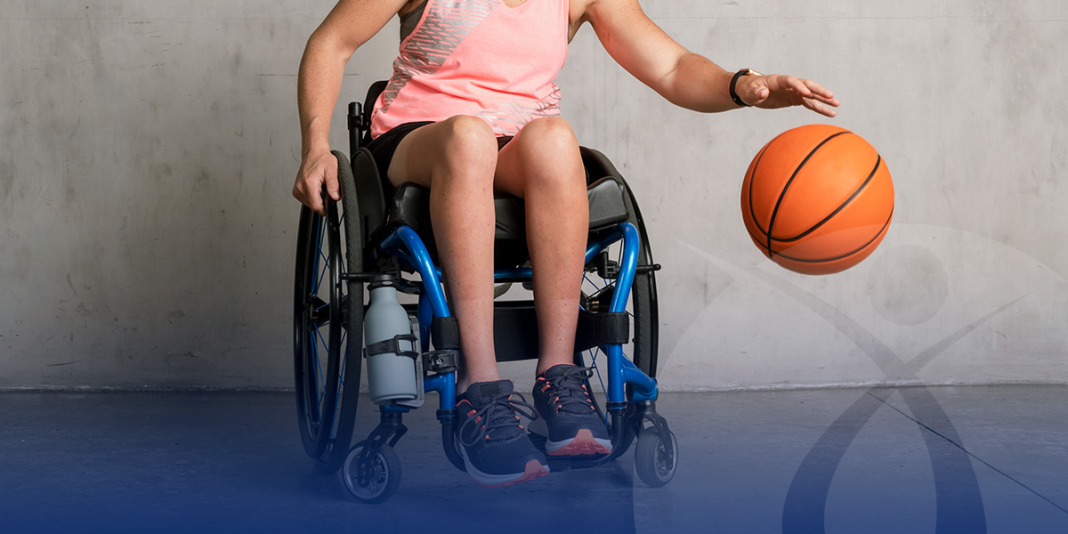Living with a disability can sometimes make everyday activities more challenging and affect a person’s self-esteem. Finding ways to build confidence, independence, and social connections is essential for overall well-being. One of the most effective approaches is through participation in adaptive sports programs designed specifically for people with physical, sensory, or cognitive disabilities. These programs are not only about physical activity—they empower participants to develop life skills, confidence, and a sense of independence.
What is a Disability Adaptive Sports Charity Program?
A disability adaptive sports charity program is an organization or initiative that provides sports opportunities tailored for individuals with disabilities. These programs offer modified equipment, specialized coaching, and supportive environments that allow participants to engage in activities like wheelchair basketball, adaptive swimming, track and field, or cycling. The main goal of these programs is to make sports accessible to everyone, regardless of their physical or cognitive limitations. By doing so, they help participants enjoy the benefits of physical exercise while fostering personal growth.
Building Confidence Through Adaptive Sports
Confidence is one of the key benefits of participating in a disability adaptive sports charity program. Many people with disabilities face societal barriers and may feel limited in what they can achieve. Adaptive sports provide a platform to challenge these limitations in a safe and encouraging setting. As participants learn new skills, achieve personal goals, or compete in events, they gain a sense of accomplishment that boosts self-esteem. This growing confidence often extends beyond sports, improving social interactions and daily life activities.
Encouraging Independence and Self-Reliance
Adaptive sports programs also play a vital role in fostering independence. By participating in sports, individuals develop physical and cognitive skills that enhance mobility, coordination, and problem-solving. These improvements can make everyday tasks easier and promote self-reliance. For example, a participant who learns to navigate a wheelchair on the basketball court may gain confidence in maneuvering in public spaces. The independence developed through sports helps participants take more control over their lives and build a stronger sense of autonomy.
Promoting Social Connections and Teamwork
Another important aspect of disability adaptive sports charity programs is the opportunity for social interaction. Being part of a team or group helps participants connect with others who share similar experiences, creating a sense of community and belonging. Team sports encourage cooperation, communication, and mutual support, which are valuable life skills. Forming friendships and supportive networks through these programs can reduce feelings of isolation and enhance emotional well-being.
Physical and Mental Health Benefits
Beyond confidence and independence, adaptive sports programs contribute significantly to overall health. Regular physical activity improves strength, flexibility, and endurance while reducing the risk of chronic conditions such as heart disease or obesity. Moreover, exercise is known to boost mental health by reducing stress, anxiety, and depression. Engaging in sports also provides a positive outlet for energy and emotions, contributing to a balanced and healthier lifestyle for participants.
Supporting Families and Caregivers
Disability adaptive sports charity programs benefit not only the participants but also their families and caregivers. Families often see positive changes in their loved one’s confidence, independence, and social engagement. Caregivers may find relief knowing that participants are in a safe and supportive environment where they can develop new skills and enjoy meaningful activities. This support can strengthen family relationships and provide a shared sense of achievement and pride.
Conclusion
Disability adaptive sports charity programs are more than just recreational activities—they are powerful tools for personal growth and empowerment. By fostering confidence, independence, social connection, and physical health, these programs help individuals with disabilities lead more fulfilling and active lives. Participation in adaptive sports encourages people to overcome challenges, celebrate their abilities, and build a foundation of self-reliance that extends into every aspect of life. Through these programs, individuals not only play sports but also gain the confidence and independence to thrive in their communities.









